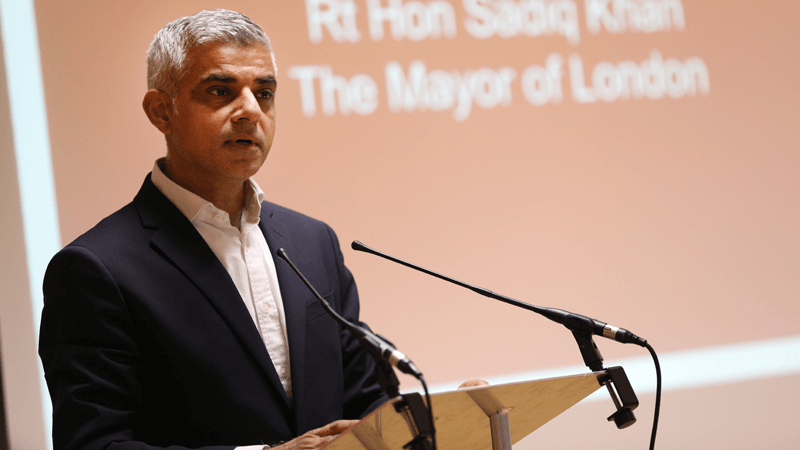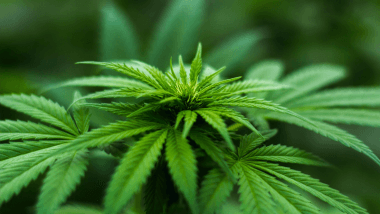The Mayor of London has pushed the Government to decriminalise the possession of cannabis.
Sadiq Khan, a long-time activist for liberalising the law, claimed the London Drugs Commission’s (LDC) new report “makes a compelling, evidence-based case for the decriminalisation of possession of small quantities of natural cannabis which the Government should consider”.
The LDC, which Khan established, claimed the Class B drug should be moved from the Misuse of Drugs Act to the Psychoactive Substances Act. The LDC branded the 14-year maximum prison sentence for possessing enough cannabis to supply to others “extreme, relative to the dangers of cannabis itself”.
‘Ghettos’
But a Home Office spokesperson emphasised that the Government “has no intention of reclassifying cannabis from a Class B substance”.
“We will continue to work with partners across health, policing and wider public services to drive down drug use, ensure more people receive timely treatment and support, and make our streets and communities safer.”
Shadow Home Secretary Chris Philp warned: “Possession of cannabis should not be decriminalised like this. We have seen some US and Canadian cities devastated by soft policies on addictive and harmful drugs – now Sadiq Khan wants to send London the same way.
“Cannabis is illegal for a reason. Cannabis is associated with anti-social behaviour and heavy use can lead to serious psychosis and severe mental health problems. US and Canadian cities which tried this approach have ended up as crime-ridden ghettos with stupefied addicts on the streets and law-abiding citizens frightened to go there”.
Bipolar
Previous research has linked cannabis use to the development of bipolar disorder in later life.
A study published by the medical journal Schizophrenia Bulletin in 2017 found a prospective link between teenage cannabis use and the onset of hypomania – often a symptom of bipolar disorder – in a person’s early 20s. It found that those who used cannabis at least two-to-three times a week aged 17 were more likely to experience these symptoms than those who did not.
Janie Hamilton decided to educate youngsters about the drug following the death of her 36-year-old son, whose cannabis-induced schizophrenia contributed to his death.
She warned: “Anyone who doesn’t believe cannabis can lead to mental health issues needs to come and watch the anguish and what it has done to families like ours.”
Stopping drugs at the source: 90% decrease in cannabis sent from Thailand
Belfast Mayor backs ‘shooting galleries’ and legalising cannabis


